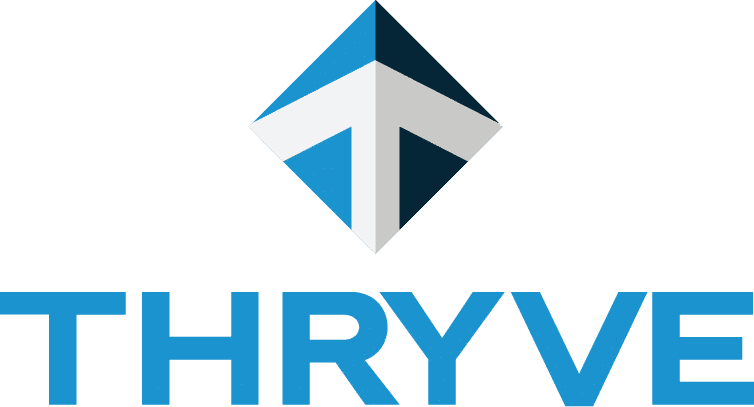Running a small business isn’t easy. There are endless decisions to be made, budgets to balance, and people to manage. When it comes to finances, it’s essential to have a partner by your side who can navigate the complexities of accounting, forecasting, and cash flow management. That’s where a fractional CFO comes in – they are responsible for running the financial side of the business and making sure the owners are making smart financial moves to keep the business profitable. But how do you choose the best CFO for your small business?
Strategic Thinking
A great CFO thinks big picture. They are able to analyze financial data and identify trends, risks, and opportunities that will impact your business in the short-term and long-term. Look for someone who can understand your vision and align financial strategy with overall business goals.
Planning
A CFO needs to be able to take those big-picture ideas and turn them into actionable plans. Look for someone with experience building out financial forecasts, cash flow projections, and budgeting plans. Bonus points for candidates who can create detailed financial models that can be used to explore different scenarios.
Financial Expertise
Your CFO needs to be an expert in all things finance. They should be able to handle complex accounting tasks, prepare financial statements, and handle tax planning. Look for someone with a strong financial background and certifications like a CPA.
Communication Skills
A CFO must be able to explain complex financial concepts in a clear and understandable way. They should be able to present financial data to you and other stakeholders in a variety of formats, from reports to presentations. Look for someone who is comfortable presenting and can tailor their communication style to different audiences.
Proactive
Ideally, your CFO will be proactive in identifying financial issues before they become problems. They should be able to spot trends, risks, and opportunities and bring them to your attention. Look for someone who stays up to date with industry trends and changes in tax and accounting laws.
Leadership and Team Work
Your CFO will need to collaborate with some of your employees or external vendors (lawyers, bankers, etc.). Look for someone who has experience building strong relationships.
Creative and Innovative
A great CFO isn’t afraid to try new things and look for creative solutions. They should be able to balance the need for financial stability with the desire to push boundaries and try new things. Look for someone who can bring new ideas to the table and isn’t afraid to challenge the status quo.
Responsive
As with any critical role, you need a CFO who is responsive and available. Ideally, your CFO should be able to respond to your questions and concerns in a timely manner. Look for someone who is responsive and reliable – you don’t want to be left in the dark when it comes to your finances.
Explanations that Lead to Action
Finally, your CFO needs to be able to explain complex financial concepts in a way that leads to action. This means breaking down financial data into understandable terms, and helping you make informed decisions based on that data.
Conclusion
Choosing the right CFO for your small business is a critical decision. You need someone who can navigate the complexities of accounting, finance, and strategy – while also being a supportive partner in growing your business. By looking for the key skills and qualities outlined in this post, you’ll be well on your way to finding the perfect CFO for your small business. Good luck!
